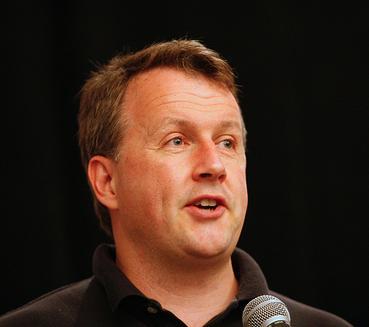Y Combinator founder Paul Graham just published a blog post suggesting a new way to handle handshake deals, i.e. verbal commitments for investments and other transactions.
That kind of commitment can be a necessary prelude to a more formal agreement. Graham writes: “Things can happen fast in the startup world … so both investors and founders need a way to reserve space in a transaction.” However, he notes that these deals also fall through:
Handshake deals are not unique to Silicon Valley of course. They tend to arise wherever trust is sufficiently high and speed is sufficiently important. Diamond dealers apparently use them a lot.
Unfortunately, things don’t work as smoothly in Silicon Valley as among diamond dealers. This is not a closed community of pros who deal with one another day after day. Many participants in the funding market are noobs, and some are dishonest.
To try to avoid confusion, or at least to clarify who is at fault when a deal falls through, Graham is proposing “the handshake deal protocol.” It starts with a concrete offer, with an amount to be invested, a valuation or valuation cap, and an optional discount, followed by these steps:
- The investor says “I’m in for .”
- The startup says “Ok, you’re in for .”
- The startup sends the investor an email or text message saying “This is to confirm you’re in for .”
- The investor replies “yes.”
Didn’t follow the steps? Then you don’t have a handshake deal. Graham said that the Y Combinator team is starting to implement this, and that he’s hoping it spreads throughout the Valley.
To me, it seems very Silicon Valley to try to standardize an informal process. It sounds like some investors benefit from that ambiguity, so individual entrepreneurs might not have the power to resist. YC, on the other hand, could make a difference. By creating a clear process and a (digital) paper trail, the incubator can now track whether investors are breaking their verbal agreements, and if they are, those investors might find that they’re no longer as welcome at Demo Day.
And some investors may just be glad that the protocol doesn’t involve any real handshakes.
